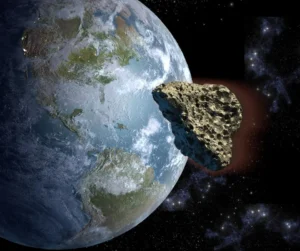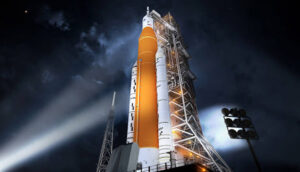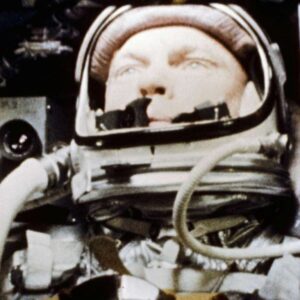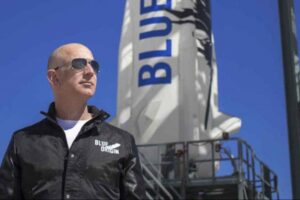John Glenn served his country with honor, as a Marine Corps fighter pilot during the Korean War, as an astronaut chosen to blaze our trail into space and as a U.S. senator from Ohio. This man led a full and rewarding life.
Sixty-three years ago today, Glenn got strapped into a Mercury space ship and launched into space for a three-orbit mission. He became the first American to orbit the planet. The Soviet Union already had put two men into orbit: Yuri Gagarin and Gherman Titov. President Kennedy had declared his intention to put a “man on the moon and return him safely to the Earth” before the end of the 1960s. The space race was on!
Kennedy didn’t live to see his mission accomplished.
Here’s the thing about Glenn: He always stayed alert to the space program and likely wished for a second trip into space. In 1998, 36 years after his first ride, Glenn got to spend several days aboard the shuttle Discovery. His mission was to expose his 77-year-old body to the rigors of space flight. He was the oldest human at the time ever to fly into space.
What is so cool about this flight, though, is the knowledge and fluency in astronaut lingo that Glenn brought to the mission. Two other members of Congress — Republican Sen. Jake Garn of Utah and Democratic Rep. Bill Nelson of Florida — had flown already. They, however, needed some schooling on the language that astronauts speak to communicate. Nelson, interestingly, is now director of the NASA space program.
Glenn needed no such tutoring. He knew precisely how to communicate in astronaut jargon. It made his training easier and less cumbersome than it likely was with his congressional predecessors.
I just wanted to call attention to this great American patriot and honor his magnificent service to the nation he loved. His Mercury and shuttle flights were two leaps he executed during his distinguished public service career.




